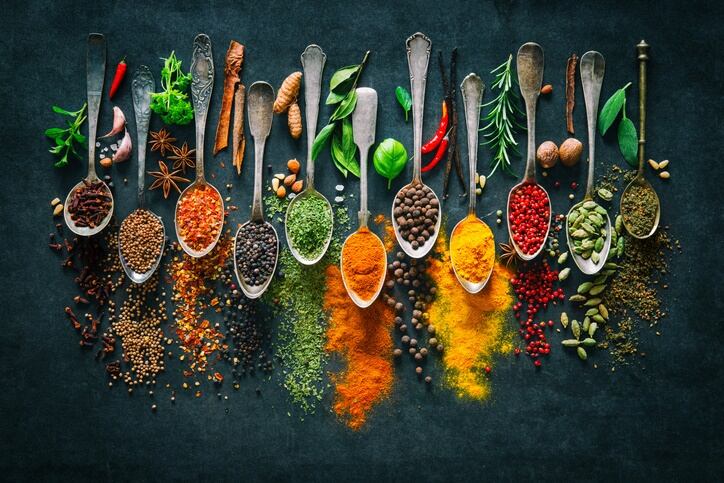In Sensient Flavors’ recently released Trends To Taste 2019 report, the firm’s flavorists argue that before manufacturers can predict whether a consumer will embrace or reject a new flavor, food or beverage, they must first understand how consumers are interpreting the “heavy doses of information from around the world” that they constantly receive in their “increasingly connected existence.”
Sensient does this through market excursions, focus groups, qualitative interviews with industry experts and constant monitoring of shifts in consumer behavior. It then layers in responses from the past and present to predict which flavors will flourish in the future and with whom.
In its Trends To Taste 2019 report, Sensient breaks down its predictions into the past, present and finally the future.
Looking back
As the divide among Americans has expanded in recent years, many people are looking back to better understand how we got where we are. This has inspired in some a sense of nostalgia and a desire to recreate a time that they perceive as better than the present. But, as Sensient notes, for others the past cannot be left behind fast enough and they want nothing more than to move forward.
Broadly speaking, among those who love the past, this has played out as a return to traditional recipes and open fire cooking, the farm to table movement, a resurgence in speakeasies and hyper-regional dishes gaining national interest, according to the report.
As such, it predicts, that the medieval spice blend of Poudre Douce, which includes warm spices and “a peppery bite with a touch of citrus,” will gain traction in coming years. It can be used on anything from roasted meats to bakery items and can help brands evoke a certain time and place and gives them an opportunity to tell a story rooted in history.
For consumers who reject the past and challenge societal structures that they didn’t create, the sweet and savory combination of the Brazilian dish Romeu E Juliet will likely appeal. The dish brings together guava paste and fresh cheese and illustrates how brands can show how society has shaped them, but not necessarily defined or confined, the report argues.
‘Controlling the present’
As in the past, Sensient found a divergence in Americans’ present day behavior and flavor preferences.
On one side are those who have immersed themselves in discovery and learning, and on the other are those who want to completely disconnect from the world around them, the report notes.
For those who are all in, this trend translates to an obsession with food, including fast food, flavor-mashups, single-themed restaurants and street food. For these consumers, Sensient predicts ingredients like the Timut peppercorn will find favor. It explains the peppery notes and zesty aromas of grapefruit and passion fruit will allow manufacturers and consumers to appreciate the plant’s full spectrum of applications and the ability to use all parts of the plant.
For those who want to check out, ingredients that offer healing, like honey, or a diversion, like a chocolate toadstool may be better options, Sensient predicts. It explains that these flavors ground consumers in nature and also offer a sense of fun escape. They also let brands engage with consumers “outside of the standard channels,” and connect through unexpected experiences, the report explains.
The future
Sensient acknowledges that “no one knows for sure what the future holds,” but it adds that brands can give consumers the power to craft the future they want – be it a utopia or dystopia.
For consumers who believe a dystopic future is their destiny, Sensient notes that brands are giving consumers the tools to live a simpler life off the land as seen in the farm-to-fork movement. This also opens the door for new, sturdier crops to take center stage, including the yaupon. As the only caffeine-containing plant in North America, Sensient predicts that consumers will embrace fermenting the plant to create a slightly floral, slightly sour flavor profile.
For more optimistic consumers who predict a utopia, Sensient predicts the sweet brown and slightly bitter and creamy flavor profile of silan will be more appealing. The date-based and honey-like syrup represents a broader opportunity for companies to substitute today’s common ingredients with unique ones to create a new vision of the future.
As brands twine their way through these different branches, Sensient says the possibilities are endless and it welcomes the chance to help companies blaze a new path forward.

